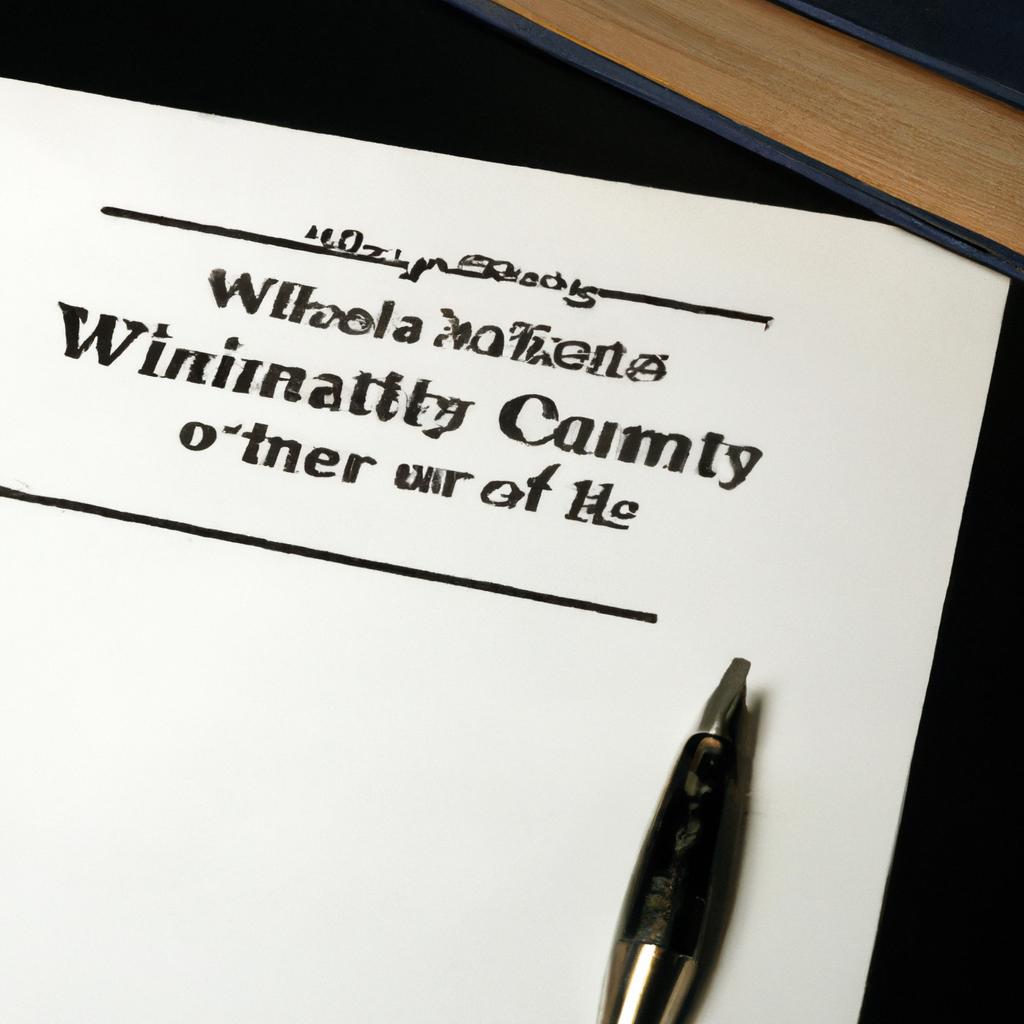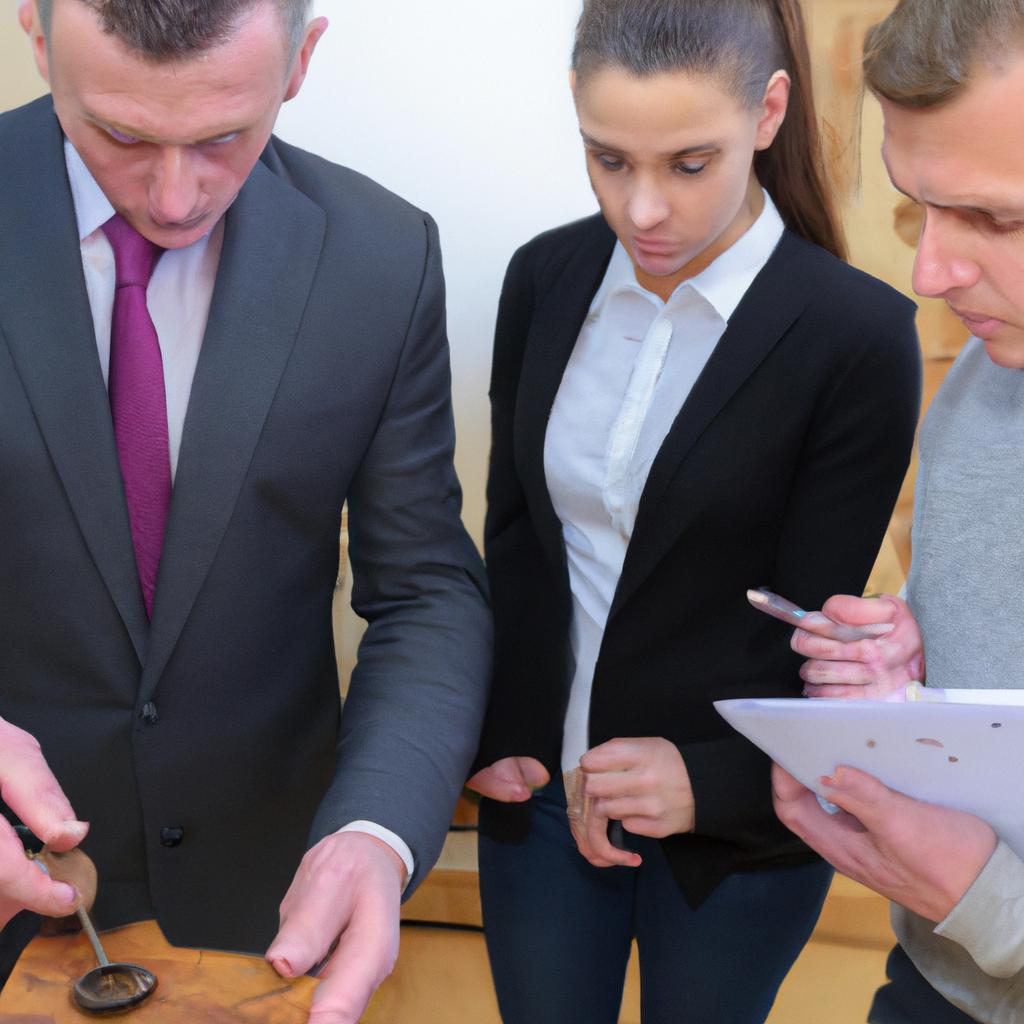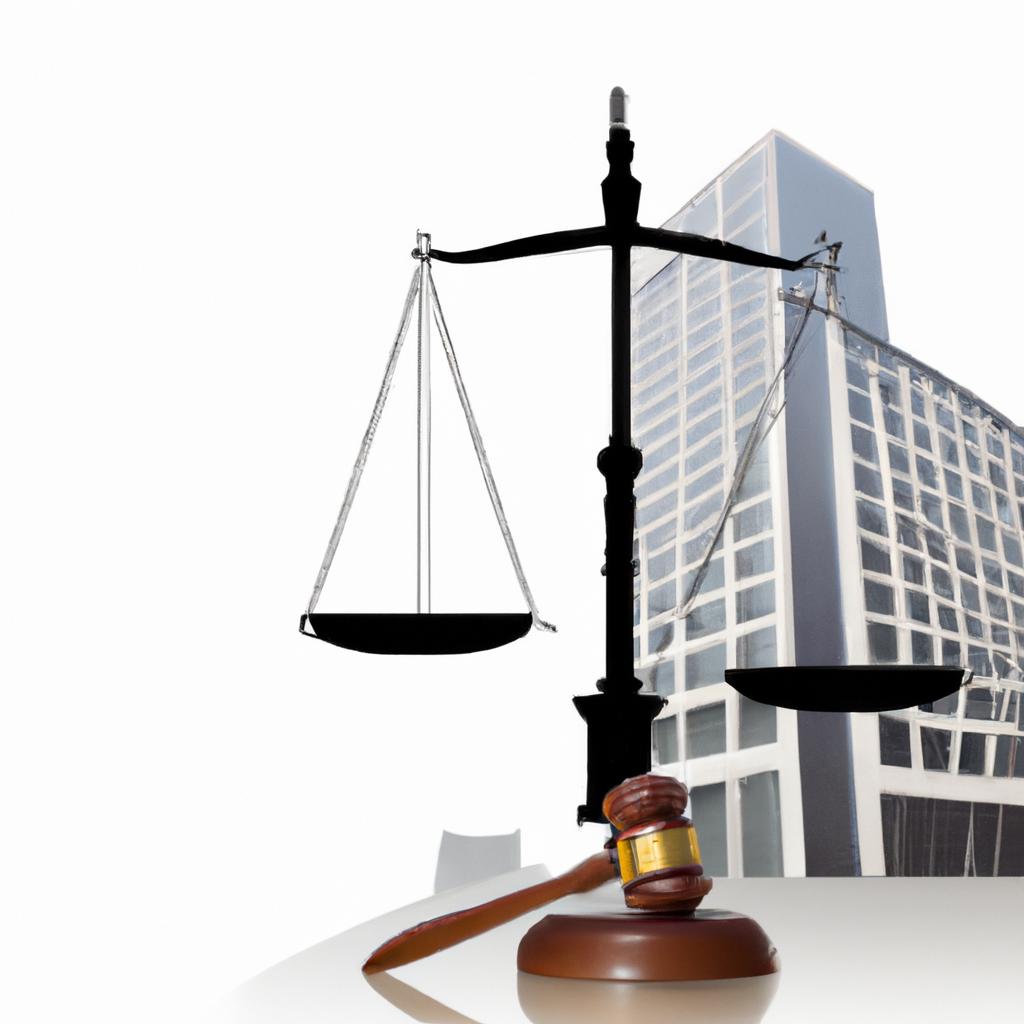In the intricate world of estate planning, a crucial document often takes center stage – the last will and testament. But amidst the profound emotional and logistical considerations that come with distributing one’s assets, a common question arises: who holds the original copy of a will? As seasoned practitioners in the realm of legal matters, the Morgan Legal Group in New York City has unraveled the complexities surrounding this issue. Join us as we navigate the intricate web of will custody, shedding light on the responsibilities and implications associated with safeguarding this pivotal document.
Custody of the Original Will Document
The is a crucial aspect of estate planning. It is essential to keep the original will in a safe and secure location to avoid any disputes or complications after the testator’s passing. Typically, there are several options for storing the original will:
- **Testator’s Safe: Some individuals choose to keep the original will in a safe deposit box or a home safe to ensure its safety and accessibility.
- **Attorney’s Office: Many people opt to store their original will with their attorney to provide an added layer of security and peace of mind. Attorneys are equipped to keep wills safe and confidential.
In cases where the original will is misplaced or damaged, it can create significant challenges during the probate process. It is crucial to inform trusted individuals, such as the executor or a close family member, about the location of the original will to ensure a smooth administration of the estate. Additionally, it is recommended to keep a copy of the will in a separate location as a backup measure to avoid any potential issues in the future. For further guidance on will storage and estate planning, consult with experienced professionals like us at Morgan Legal Group in New York City.
| Pros | Cons |
|---|---|
| Increased security | Potential for loss or damage |
| Peace of mind for testator | Limited accessibility |
| Confidentiality | Cost of safe deposit box or attorney services |

Designating a Reliable Executor for Safekeeping
When it comes to of the original copy of a will, it is crucial to choose someone who is responsible and trustworthy. The executor plays a vital role in ensuring that your final wishes are carried out according to your instructions after your passing. This individual should have a good understanding of your wishes and be capable of handling the responsibilities associated with being an executor.
It is recommended to select an executor who is organized, detail-oriented, and able to handle complex financial and legal matters. Additionally, it is important to choose someone who is willing to fulfill the duties of an executor and who will act in the best interests of your beneficiaries. By carefully selecting a reliable executor, you can have peace of mind knowing that your will is in safe hands.

Benefits of Storing the Will with an Attorney
When it comes to storing a will, many individuals wonder who should keep the original copy to ensure its safekeeping and accessibility when needed. One of the most reliable and secure options for storing a will is with an attorney. There are several benefits to entrusting your will to an attorney, including:
- Legal Expertise: Attorneys are well-versed in the complexities of estate planning and will execution, ensuring that your will is properly drafted and executed according to the laws and regulations in your state.
- Confidentiality: Keeping your will with an attorney ensures that it remains confidential and is not at risk of being misplaced, lost, or accessed by unauthorized individuals.

Ensuring Accessibility and Security of the Original Will
When it comes to the original copy of a will, ensuring accessibility and security is of utmost importance. The original will document is a crucial legal document that dictates the distribution of assets and property according to the wishes of the deceased. To prevent tampering or disputes, it is essential to keep the original will in a safe and secure location.
Typically, the individual who creates the will, known as the testator, is responsible for keeping the original copy. However, it is recommended to store the will in a secure location such as a safe deposit box, with a trusted attorney, or in a fireproof safe at home. It is important to inform a trusted family member, executor, or attorney of the whereabouts of the original will to ensure accessibility when needed. Additionally, creating copies of the will and distributing them to key individuals can serve as a safeguard in case the original is lost or damaged.
Q&A
Q: Who typically keeps the original copy of a will?
A: The original copy of a will is usually kept by the person who made the will, also known as the testator.
Q: Why is it important for the testator to keep the original copy?
A: Keeping the original copy of a will is crucial because it is the only legally binding document that proves the testator’s wishes regarding their estate and assets.
Q: Can someone else keep the original copy of a will?
A: While it is possible for someone else to keep the original copy of a will, it is generally advised for the testator to retain possession of it to avoid any potential disputes or challenges to the validity of the will.
Q: What are the risks of not keeping the original copy of a will in a secure location?
A: Failing to keep the original copy of a will in a secure location can lead to the document being lost, damaged, or even tampered with, which could result in confusion and legal complications after the testator’s passing.
Q: Is it recommended to make copies of a will?
A: Yes, it is highly recommended to make copies of a will and distribute them to trusted individuals, such as the executor of the estate or the testator’s attorney, to ensure that the document can be easily located and accessed when needed.
Q: What should someone do if they cannot find the original copy of a will?
A: If the original copy of a will cannot be located, it is advisable to contact the attorney who helped create the will or the local probate court for guidance on how to proceed in verifying and executing the estate plan.
The Conclusion
In conclusion, the original copy of a will is a crucial document that must be kept in a safe and secure place. Whether it is stored with the testator, their lawyer, or a trusted institution, ensuring its protection is essential for upholding the wishes of the deceased. By understanding the importance of safeguarding the original will, beneficiaries can navigate the probate process with confidence and ease. Remember, when it comes to wills, preservation is key. Thank you for reading!
 When someone passes away, the distribution of their assets and property can become a complicated matter. A legal document known as a will can help simplify this process by outlining the deceased person’s wishes in terms of who should receive what and how their estate should be managed. But who is responsible for keeping the original copy of a will? In this article, we will explore the answer to this question and provide valuable information for those who may be involved in the process.
When someone passes away, the distribution of their assets and property can become a complicated matter. A legal document known as a will can help simplify this process by outlining the deceased person’s wishes in terms of who should receive what and how their estate should be managed. But who is responsible for keeping the original copy of a will? In this article, we will explore the answer to this question and provide valuable information for those who may be involved in the process.
Before we dive into the details, let’s first define what a will is. A will, also known as a last will and testament, is a legal document that outlines the distribution of a person’s assets and property after their death. It also includes instructions on who should manage the estate and take care of any minor children.
Who Keeps the Original Copy of a Will?
The original copy of a will is typically kept by the person who created it, also known as the testator. However, this is not always the case. There could be various circumstances where the will may be in the possession of someone else. Let’s take a closer look at who might hold onto the original copy of a will.
1. The Testator
As mentioned earlier, the person who creates the will is responsible for keeping the original copy. This is important because the will is a legal document and must be presented to a court for it to be executed. Therefore, it is crucial for the testator to keep the original copy in a safe and secure place.
2. The Executor
A will typically names an executor, who is responsible for carrying out the deceased person’s wishes as outlined in the will. In some cases, the executor may be given the original copy of the will for safekeeping. This often happens when the testator does not have a safe place to store the will or does not want to disclose its contents to anyone else.
3. The Lawyer
The testator may choose to have their lawyer keep the original copy of the will. This can be helpful if there is a possibility that the will may be contested by family members or if the estate is particularly complex. The lawyer has a duty to keep the will confidential and can only disclose its contents upon the testator’s death.
4. The Probate Court
If the testator decided not to give a copy to anyone or if the original copy of the will cannot be located, it may be held by the probate court. This could happen if the testator registered their will with the court or if it is submitted by the executor after the testator’s death.
What Happens if the Original Copy of a Will Cannot Be Found?
As mentioned earlier, in some cases, the original copy of a will may go missing, making it challenging to fulfill the testator’s wishes. In such situations, the court may accept a copy of the will, as long as it meets certain conditions. These include:
– The copy must accurately reflect the contents of the original will.
– It must be shown that the will was not revoked or changed in any way after its creation.
– The circumstances surrounding the will’s disappearance must be thoroughly investigated.
If the court is satisfied with these conditions, the copy may be admitted as the original and thus be used to distribute the estate.
Tips for Keeping a Will Safe
It is crucial to keep the original copy of a will in a safe and secure place to avoid any issues during the distribution of the estate. Here are some tips to ensure your will is kept safe:
1. Store it in a Safe Place: The original copy of a will should be kept in a fireproof, waterproof, and tamper-proof container. This could be a safe deposit box, a safe at home, or with a trusted family member or lawyer.
2. Inform Someone: Make sure to let at least one trusted person know where the original will is located. If the will is kept in a safe deposit box, ensure the executor knows the location and has access to it.
3. Keep it Updated: It is essential to review and update your will periodically, especially after significant life changes such as a marriage, divorce, birth of a child, or acquisition of new assets.
4. Register Your Will: Some states allow for the registration of wills with the probate court to ensure its safekeeping. Check with your state’s laws to see if this option is available.
In Conclusion
In conclusion, the original copy of a will is typically kept by the testator, the executor, or their lawyer. However, in some cases, it may be held by the probate court. It is important to keep the original will safe and updated to ensure the testator’s wishes are honored after their passing. By taking the necessary precautions, the distribution of the estate can be a smooth and stress-free process.

